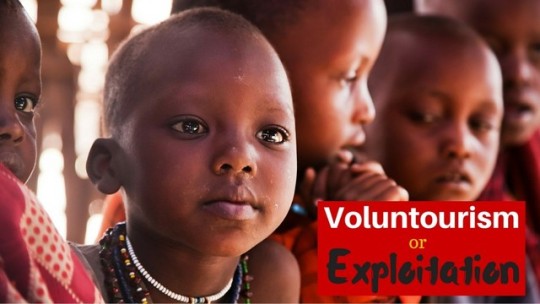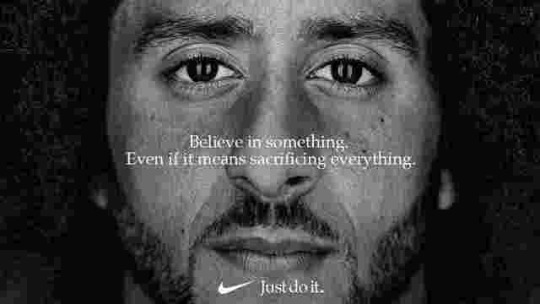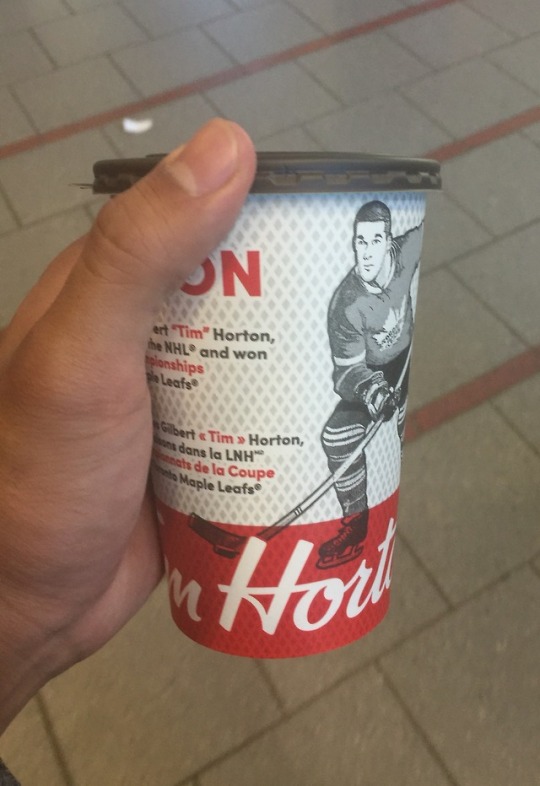Don't wanna be here? Send us removal request.
Photo

Throughout the 14 years I spent in the public school system, I would attend assemblies every year with various representatives for Non-Government Organizations giving presentations on what they were doing to help, how they were helping and how we can help. This was usually them asking for donations. Then at the end of their presentation they would sometimes hand out envelopes and ask us to go around and ask our friends, families or neighbours for money for whatever cause they were trying to raise. One prominent group that I remember showing up was Right-To-Play, they supposedly went around various developing countries and Africa teaching kids how to play games. Even at a young age, I questioned how going to countries that are often suffering from drought, disease or war to teach kids how to play soccer or something would help them. If not assemblies, I would see posters for meetings held by various third-party groups, churches or special classes on information meetings on where they were going and what they would do to apparently help. As I would learn about voluntourism in Globalization 1A03, my doubts on these group made sense. Voluntourism is where Westerners travel to various countries around the globe, where they were told that they would help people by building schools, wells or teach English. This, however, can be quite destructive to these communities. These methods were not sustainable and communities become reliant on aid for outsiders, children of these communities end up having troubles establishing relationships from other from voluntourists making relationships with them and leaving, and very little communication happened between the two parties, so the communities may not be getting the help that they really need. While voluntourism has good intentions, it’s not sustainable or effective in the long run for communities.
0 notes
Photo

An issue regarding globalization in recent events was that of Nike. Last month, Nike was under fire for using Colin Kaepernick in one of their advertisements. The advertisement showed his face with the quote “Believe in Something. Even if it means sacrificing everything.” NFL Quarterback Colin Kaepernick wanted to protest against police brutality against African Americans in the US, an issue still prominent today. His way of protesting was to kneel during the national anthem during his games. Doing so cost him his NFL career, as no teams would sign contracts for him which is what the quote in the Nike ad referred to. However, I believe there are others who have sacrificed much more than he has. One example are the people who make Nike’s products. Nike, like many other companies, outsourced the production of their goods to factories overseas. The people who work in these factories work in harsh and dangerous conditions. Most of them aren’t even paid a dollar a day. Despite being exploited, these people work hard to earn whatever money they can, risking life and limb just to provide for themselves and their families. Compared to the millions Kaepernick has made playing in the NFL, he has it much better of than those workers. Another example is Pat Tillman, another profession football player in the NFL. Shortly after 9/11, Tillman gave up his contract to play for the Arizona Cardinals to enlist in the US Army, believing that he needed to serve his country. He enlisted and joined the elite 75th Ranger Regiment, serving multiple tours in the Global War on Terror until he was killed in Afghanistan in 2004 by friendly fire. While Kaepernick sacrificed his dream for playing in the NFL, I believe it is small compared to what others have sacrificed.
0 notes
Photo

Globalization is the a big part of our everyday lives. It’s a complicated term to define, therefore there isn’t one set definition for globalization. But there is one theme in common in every interpretation on the term globalization, and that is the development of interconnections between nations worldwide. Globalization can come in the form of multi-million dollar companies making business deals between International Companies, the FIFA World Cup and the Global War on Terror, to small everyday things like purchasing a cup of coffee.
I like to buy my morning coffee from Tim Hortons. I usually get a medium double-double, that’s two creams and two sugars. While Tim Horton’s is a Canadian company, the components of that make up the cup of coffee comes from all over the world. Two of those components come from Canada. That is the cup and the cream. The cup is made out of paper that comes from Canadian lumber and the cream that comes from Canadian dairy farms in Ontario and Quebec. The other 3 components are imported to Canada. Starting with the main component, the coffee beans. Tim Hortons gets it Coffee beans mainly from South and Central America. Farmers from countries such as Colombia or Brazil pick the coffee beans, which are then transported to Canada where they are packaged and then distributed to Tim Hortons stores. The sugar comes from Southeast Asia and the Oceania. Sugar cane is harvested in India or New Guinea, where it is then processed into sugar and then sent to Canada where it is packaged and distributed. The last component of the cup, is the lid. It’s made out of plastic, so it starts out as crude oil in Saudi Arabia. The oil is refined, and then transported overseas to Canada where it then taken to a factory to be made into plastic and molded into lids. Without globalization, they would not be able to sell coffee to the millions of Canadians that drink their coffee.
0 notes